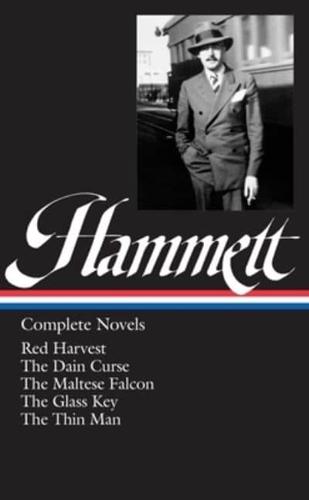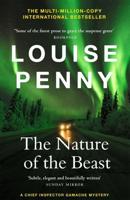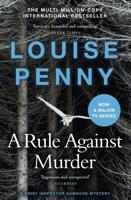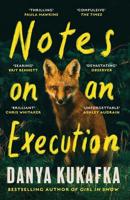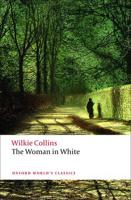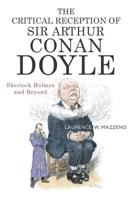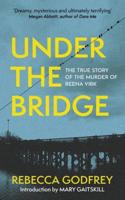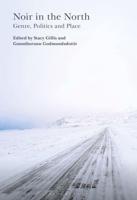Publisher's Synopsis
In a few years of extraordinary creative energy, Dashiell Hammett invented the modern American crime novel. In the words of Raymond Chandler, "Hammett gave murder back to the kind of people that commit it for reasons, not just to provide a corpse. . . . He put these people down on paper as they were, and he made them talk and think in the language they customarily used for these purposes." Beginning as a prolific contributor to the pulp magazines of the 1920s, he succeeded during his brief career in making his kind of crime fiction a crucial part of the fabric of American writing: a genre that did not evade reality but rather embodied the grittiness and harshness of modern urban life.
The five novels that Hammett published between 1929 and 1934, collected here in one Library of America volume, have become part of modern American culture, creating archetypal characters and establishing the ground rules and characteristic tone for a whole tradition of hardboiled writing. Drawing on his own experiences as a Pinkerton detective, Hammett gave a harshly realistic edge to novels that were at the same time infused with a spirit of romantic adventure. His lean and deliberately simplified prose won admiration from such contemporaries as Gertrude Stein, Ernest Hemingway, and William Faulkner.
Each novel is distinct in mood and structure. Red Harvest (1929) epitomizes the violence and momentum of his Black Mask stories about the anonymous detective the Continental Op. In this raucous and nightmarish evocation of political corruption and gang warfare in a western mining town (modeled on Butte, Montana) nicknamed "Poisonville," the Op takes Machiavellian pleasure in pitting one faction against another to bring about their mutual destruction. The Op returns in The Dain Curse (1929) to preside over a more ornately melodramatic tale involving jewel theft, drugs, and a mysterious religious cult.
With The Maltese Falcon (1930) and its protagonist Sam Spade, Hammett achieved his most enduring popular success. A tightly constructed quest story with an unforgettable cast of eccentric adventurers, it is at the same time shot through with a sense of disillusionment and the arbitrariness of personal destiny.
The Glass Key (1931), an exploration of city politics at their most scurrilous, traces intricate patterns of loyalty and betrayal in scenes charged with drama. His last novel, The Thin Man (1934), is a ruefully comic tale distinct from the rest of his work. Paying homage to the traditional mystery form, it is best remembered for its protagonists Nick and Nora Charles, the sophisticated inebriates who would enjoy a long afterlife in the movies.
LIBRARY OF AMERICA is an independent nonprofit cultural organization founded in 1979 to preserve our nation's literary heritage by publishing, and keeping permanently in print, America's best and most significant writing. The Library of America series includes more than 300 volumes to date, authoritative editions that average 1,000 pages in length, feature cloth covers, sewn bindings, and ribbon markers, and are printed on premium acid-free paper that will last for centuries.
